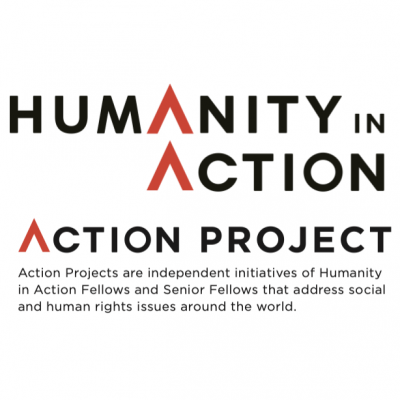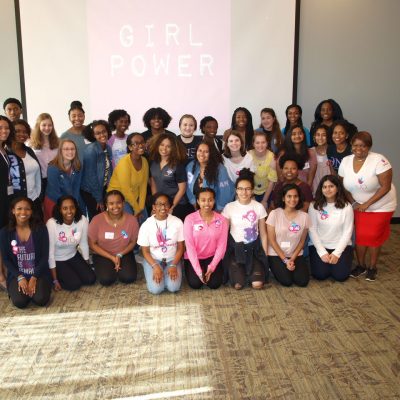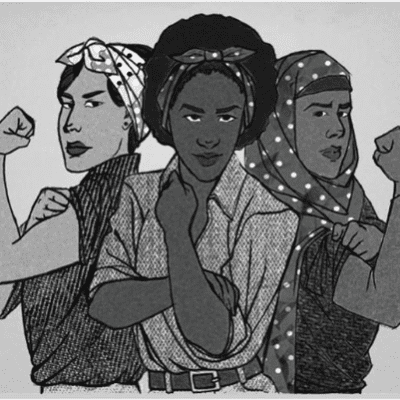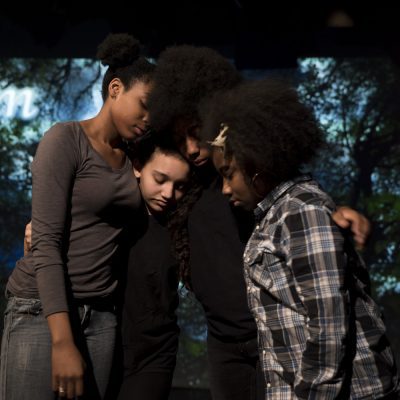Article
“On December 28, 2015, the grand jury of Cleveland, OH decided not to indict the killer of Tamir Rice. Tamir was a 12 year old Black boy who was the most recent victim of extra judicial killings by a local police department. I, along with current NAACP National Youth and College Director Stephen Green, were tired of witnessing the devaluation of Black life in news cycles and decided to host the Courageous Together Summit.” Senior Fellow Devon Crawford wanted to bring together young people of all ages to create a policy agenda covering economic sustainability, education, health, criminal justice, voting rights and political education and climate justice. Recognizing the pivotal role communities of faith have been resources to support the Black Freedom Struggle, Devon and Stephen decided to add a young faith leaders coalition to the summit. “We decided to host the Summit in Chicago for several reasons. Chicago, Illinois is the 3rd largest city in the United States. The issues spanning from voter disenfranchisement, the prison industrial complex, separate and unequal education and environmental injustice are on full display in the Windy City.”
“I [was] tired of witnessing the devaluation of Black life in news cycles”
Devon’s project gave the youth councils and college chapters of the NAACP a policy agenda that informed the protests and civic engagement initiatives they design in 2016. The Summit will be replicated in more regions where NAACP chapters are located to address the same policy areas for more impacts on local initiatives. Their policies were and continue to be:
- Economic Sustainability: We believe in creating economic sustainability in our communities by advocating for raising the minimum wage to a fair and livable wage, supporting and investing in Black business, financial literacy training in secondary education, sustainable living wage job creation, community economic development resources and reparations to rebuild Black communities.
- Education: We believe in dismantling the school to prison pipeline; reforming harsh school discipline policies that lead to suspension, expulsion, or criminalization of statutory offenses by students; advocating for universal preschool education; the expansion of head start programs; making college affordable for all Americans by expanding access to federal aid; increasing the maximum amount of Pell Grant availability and restoring access to drug offenders, increasing funding for public and private Historically Black Colleges and Universities, and expanding “ban the box” to include college applications.
- Health: We believe in increased funding for HIV/AIDS research, treatment, and education; implementing full healthcare reform; and ending childhood obesity.
- Criminal Justice: We believe in ending the War on Drugs by abolishing mandatory minimums and implementing comprehensive sentencing reform; ending racial profiling by law enforcement, establishing effective and independent civilian complaint review boards to examine police activity; complete the process of eliminating the disparity between crack cocaine and powder cocaine sentencing; creating comprehensive gun violence control, including mandatory comprehensive background checks; and pushing for the abolition of the death penalty at both the State and Federal levels.
- Voting Rights and Political Representation: We believe in protecting the right to vote for all voting age Americans; restoring the right to vote to ex-felony offenders; and pushing for comprehensive campaign finance reform.
- Climate Justice: We believe in eliminating the pollution burden in communities; completely overhauling hazardous infrastructure, including, but not limited to, replacing lead pipes; expanding and ensuring equitable access and leadership of the clean energy economy; and building resilient communities.
- Faith Leaders: We believe in providing an interfaith theological conversation for faith communities to discuss issues of social justice and to, in a non-partisan manner, prepare young leaders for public office.
“The issues spanning from voter disenfranchisement, the prison industrial complex, separate and unequal education and environmental injustice are on full display in the Windy City.”
For the working groups, leaders were assigned to lead the discussions based on their policy expertise. There was one student leader and one NAACP staff member to brief the participants on current legislation in the floor of the United States House of Representatives. Before the Summit convened, participants were issued policy briefings to prepare them for the conversations and working groups. Devon worked closely with the NAACP Youth and College Division to recruit the existing Youth Councils and College Chapters of the NAACP to attend the Summit. Over the course for the weekend, the Summit registered 150 youth and college students.
The Summit created a network of high achieving Black youth from across the country to organize voter registration and demonstration efforts. Since the Summit, participants have organized a press release to the US Senate urging a vote on President Obama’s then-Supreme Court Nominee, Merrick Garland. Groups have traveled to Flint, Michigan to pressure Governor Rick Snyder to present a timeline and plan to replace the lead based pipes that have damaged the health of citizens. Several students who stayed in Chicago after the Summit organized and protested a rally for then Republican frontrunner, Donald Trump. The rally was postponed due to the unprecedented nature of the protest inside and outside of the venue. There is also a summer campaign occurring to increase voter registration, voter demonstration, and civic engagement to prioritize the voices of Black millennials.







